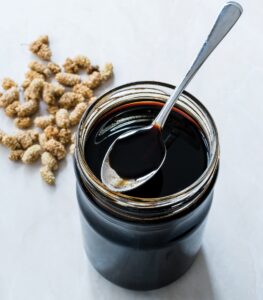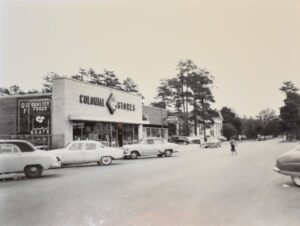There is a decades-old tradition among the people of the Hawaiian Islands — among the women specifically, and those of Polynesian descent in particular — to take to their boats and pay tribute to their ancestors in a challenging and meaningful annual event. They race in outrigger canoes between the shores of two islands across wildly open ocean waters. And when they do so, they honor their mothers and grandmothers and all the women who have gone before them, and become an example for all those to come.
They use only their own human strength: the power of their arms and backs, their wrists and hands and legs, their will and mindsets, the unseen sinew and muscle of spirit and determination.
It is done in the tradition of the great accomplishments of the original people who discovered these islands and first called them home. It was a feat that many modern day cultures have difficulty crediting or even imagining. They crossed thousands of miles of open seas and crushing weather in paddle-driven single-hull canoes, finding land not by sight but by reading the skies and winds and the reflections and shapes of the ocean waves themselves.
Fashioned after a race once restricted to men, the women’s boats are traditionally-built outriggers, carrying no more than six women in each, each woman with a single paddle. The distance is more than 40 miles. And the grueling conditions and pace cannot be sustained or completed by themselves alone. And so, along the way, they pass the responsibility on to a next generation of paddlers.
Two at a time, crew members surrender themselves into the sea, and new team members climb aboard out of the water to assume their places — to continue and finish the race. The retiring paddlers are picked up by the same waiting escort boats that have dropped off their relief crew; it is a relay filled with grace and elegance and, more especially, tradition.
The women paddlers are of all ages, all backgrounds, all sizes and ethnicities and lifestyles, all beliefs, all talents. And yet they all share this spirit, this acknowledgement, this understanding — that their own feet might not be the ones to touch the winning shore — the destination may be reached by their sisters, not themselves. And yet, the victory will belong to them all. Because it is a victory of accomplishment, of tradition, of honoring and remembrance. It is a victory of a people, not of individuals.
I find it rather compelling that it was the women of this culture who fought for and won the right to create and participate in this particular race — which is competed by women only. And I believe in the wider sisterhood of humanity. And I believe women represent a tradition of self-sacrifice for the greater good and possess a generational outlook that is unique. Women have always carried the fire and buried the dead, led the young, and stayed with the left-behind. Women have also paddled the boats and made first footprints on fresh sand. But I suspect it is most important that they have lowered themselves into the sea and passed the paddles forward to their sisters with encouragement when their own energy and time was spent.
We are entering into a season of both old traditions and new opportunities right now. Perhaps we can view such traditions as solid foundations, well-built boats. Perhaps we can re-envision the symbolism of it all, revisit the integrity of it, and reinvent ourselves accordingly — without losing hold of the idea of the original goal, the original journey. Like taking up traditional boat paddles to compete in new races and celebrate fresh victories.
After all, the settlers of Hawaii could not see the islands themselves when they set out — they had only the idea of them, and the faith that they or their descendants would arrive and be safe and become better versions of themselves. And, in that tradition, I suspect it may be up to the women of our world to pick up more paddles, to get into more boats, and to just example the heck out of it.
© Marti Healy 2020, Used with Permission
























